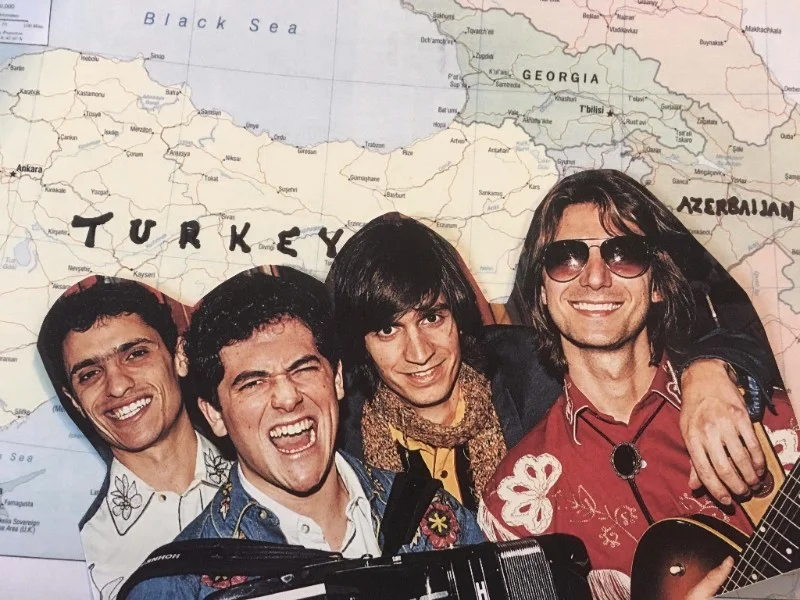The back cover purports, “An essential read for anyone with a stake in the future of the arts, Information Doesn’t Want to Be Free offers a vivid guide to the ways creativity and the Internet interact today, and to what might be coming next.” Anyone with a stake in the future of the arts?? Hey, that’s me!
I read the book front to back in about three hours. The majority of the book explains the arcane, modern state of copyright law as it pertains to the Internet. He makes the case that current technologies and policies put all the power and money in the hands of tech giants and media giants, who are constantly at war with one another, and who tediously and spuriously invoke the support of content creators (artists) in their causes.
At the same time, Doctorow advises creative entrepreneurs of the 21st century to embrace the (supposedly) free flow of information and to think more like “dandelions” than “mammals”. Being a "dandelion" means creating more and cheaper (in terms of financial input) works of art and allowing them to be freely copied and distributed as opposed to “mammalian” babies which require significant funds, time, and energy.
“Take My Picture” is a perfect example of one such mammalian baby. Our stated intention with this EP is to garner the interest of the “music industry” at large—perhaps get approached by some labels, agents, etc., we essentially created a new piece of marketing for the new band. Doctorow would probably argue that we have perhaps put the cart in front of the horse.
Cory Doctorow is not arguing that the book, as an artform, is obsolete or worthless. And I am not arguing that making high-quality sound recordings is a waste of time. More than ever it is important for musicians to be making sound and video recordings and distributing them as widely as possible. However, I am beginning to see clearer than ever how the Internet has inverted the model of music production and consumption that we grew up taking for granted.
As Doctorow says, people are more than happy to buy things from you. If they still own CD players, certain people will buy CDs at shows. Others will by vinyl. People will buy shirts, mugs, bags and other swag. Maybe they’ll buy snacks, or drinks, or hot sauce. There is money to be made selling tickets to shows and things people can buy to remind them of those experiences.
Furthermore, the Internet and the platforms that host artistic content (like YouTube, Vimeo, Soundcloud, Bandcamp, etc.) really need to be treated as media forms in and of themselves, as opposed to just means of distribution. Just as it’s misguided to take a home video shot on an iPhone and somehow expect it to translate into a successful IMax movie, it feels increasingly incoherent to make audio recordings designed for long playing records and expect them to be captivating on YouTube.
Artists should be steadily and constantly recording, authentically documenting their progress in whatever social media channels they find most appropriate (this is cause for another blog post entirely), and essentially building their audience and network as they go along. A series of cheaply-produced home recordings or videos are likely going to have a much higher ROI for artists that are starting out than a really expensive recording project. This creative output would then set up the artist to be able to undertake a more expensive project later on, knowing that he or she would have a dependable fan base to buy it.
I’m more excited and interested than ever in putting our music out in the Internet. What has changed—or what is changing—are my goals and intentions for what comes next. Each moment in time presents a challenge to artists to continue to develop their craft while embracing new technologies. Here are some questions that we need to consider moving forwards:
How can highly-trained musicians embrace the Internet and modern technologies as canvases for their craft and differentiate themselves from the fold?
How do we find the niche fans and conversations that comprise a potential audience?
What technologies and tools make the most sense for musical artists to invest in (i.e. recording gear, cameras, studio space, film crews, animators, design teams, etc.)?
How can we use social media as a calling card for live performances and physical sales while still maintaining an authentic voice?
In what ways do live performances, word-of-mouth, and online buzz interact? How can we get them to do so as efficiently and effectively as possible?







